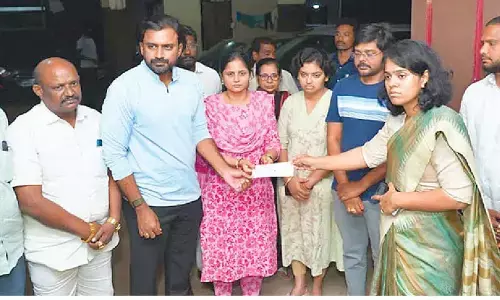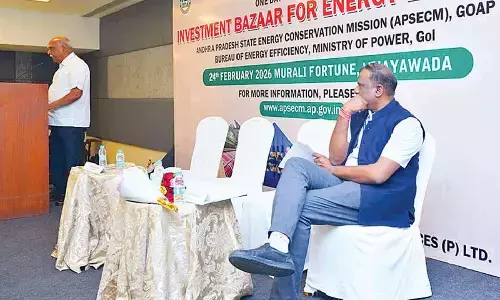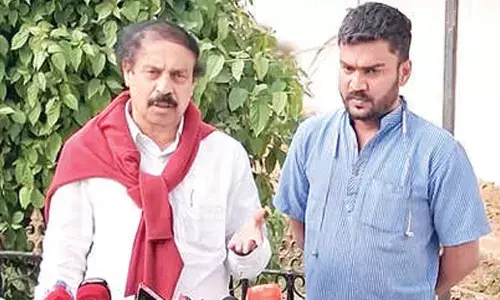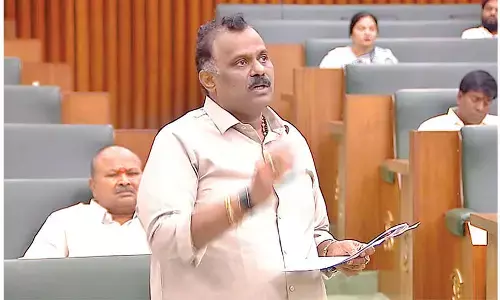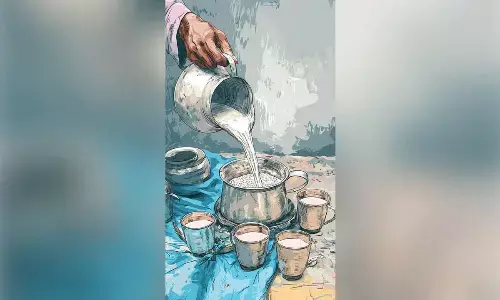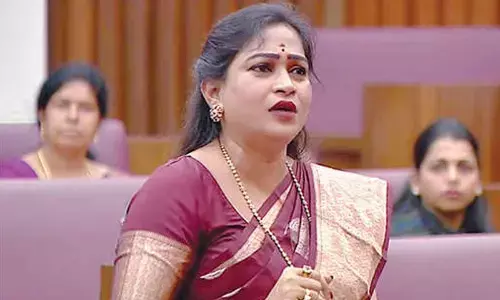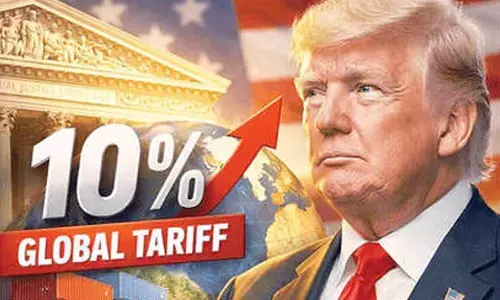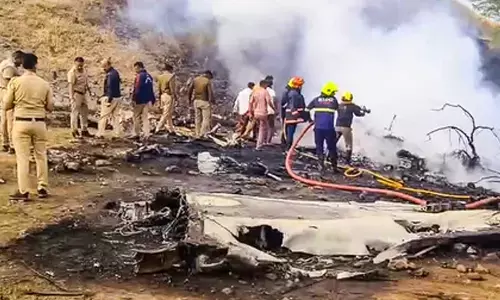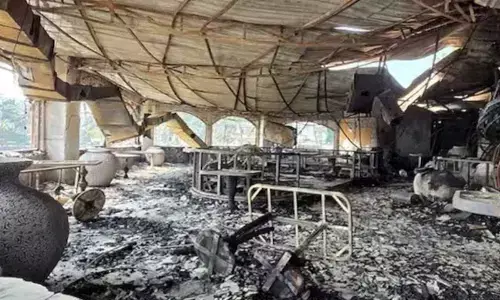Evolution and abuse of vote bank politics
Evolution and abuse of vote bank politics. It is election time and invariably, almost every thought, talk and actions of politicians chart the same track-garnering votes for assuming power or survival in the corridors of power.
Making electoral mockery
It is election time and invariably, almost every thought, talk and actions of politicians chart the same track-garnering votes for assuming power or survival in the corridors of power.
Consolidation for and canvassing of bloc votes has earned an odious label as “vote bank politics” in India because of the divisive nature of this politics. It has come to be associated with communalism, casteism, ethnic separatism, identity politics, linguistic chauvinism, freebies culture, et al.
On the field, it encourages mobilization of people through bonding ties of positive or negative dispositions. It also promotes division by cutting wedges on the basis of perceived and actual differences sharpened by aggressive “hate speeches”.
Vote bank politics is a variation of “client politics” – a term used to denote political favouritism to an organized or a minority group at the cost of general public interest. It has wide scope to flourish in plural societies where minority groups can wield substantial political leverage.
In India, another term in common usage is “identity politics” which refers to the political inclinations of numerically significant groups with identifiable social-economic characteristics to claim, assert and promote their independent ambitions through political dispensation.
The coining of the term “vote bank politics” is attributed to eminent sociologist, M N Srinivas, who deciphered this phenomenon in his intensive anthropological research on social life in some villages in the southern States.
The term is specially used by critics of the reservation policy ever since the implementation of the Mandal Commission recommendations by the V P Singh government in 1989.
The word “quota” has indeed become the buzz word for vote bank politics. New demands for quota are made on the eve of elections; old demands are revived; lists of backward classes are enlarged - all in the period just preceding elections to keep memories fresh in the minds of the voters.
The 1990s saw the political emergence of Backward Classes and Dalits particularly in Uttar Pradesh and Bihar. They earned popularity, became formidable forces and integral to coalition governments at the Centre.
True, numerous single caste-based political parties have also existed and have wielded significant electoral power in many States. They have encouraged development of the politics of appeasement - an important feature in national politics. Caste politics, which is a prominent part of vote bank politics rises where acknowledged caste leaders nurse political ambitions.
Minority groups, including Muslim voters, are particularly pampered by political parties with extraordinary affection during election time. However, Muslims do not present a united front. The voting behaviour of Muslims also does not make a single pattern even within a State.
Backward classes are also disunited–the major divide being the extent of backwardness separating the “Backward” and the “Most Backward”. The existence of “creamy layer” is denied to the general perceived sections.
Certain categories of the population have always attracted special attention of political parties and received tall electoral promises. Among them are agricultural labour in general, poor farmers, people below the invisible poverty line, Scheduled Castes and Scheduled Tribes, slum dwellers, weavers, fishermen, unorganized labour among others. They are lured by promises such as loan waiver schemes and social security measures.
It seems that in vote bank politics, the “banks” need not be given groups, but may be created and favoured by resourceful political forces. Some NGOs, for instance, consciously try to address displaced persons as a category of voters. Some try to appeal to women specially.
Many political parties, which stand for progressive ideas, are not harsh on Khap Panchayats despite frequent reports about their illegal activities.
In short, the term “vote bank politics”, which is so frequently used during election, seems to be a much abused terminology. It is losing its value in every application while its price is correspondingly going higher and higher. (The writer if a former Director of ICSSR, New Delhi)


